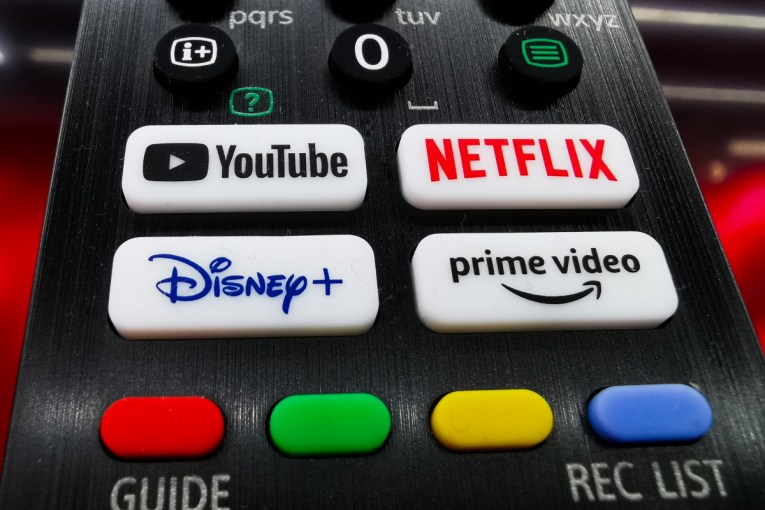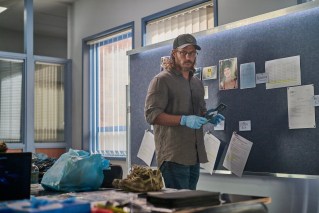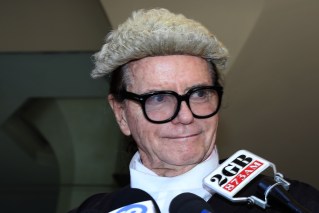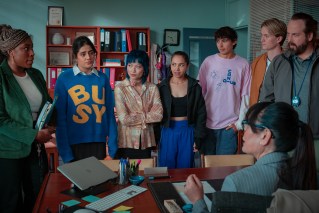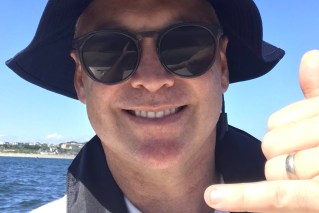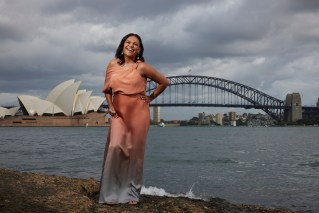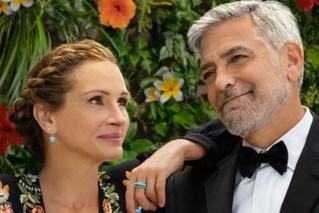Q&A: ‘We must confront domestic violence’
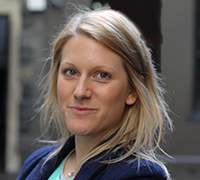
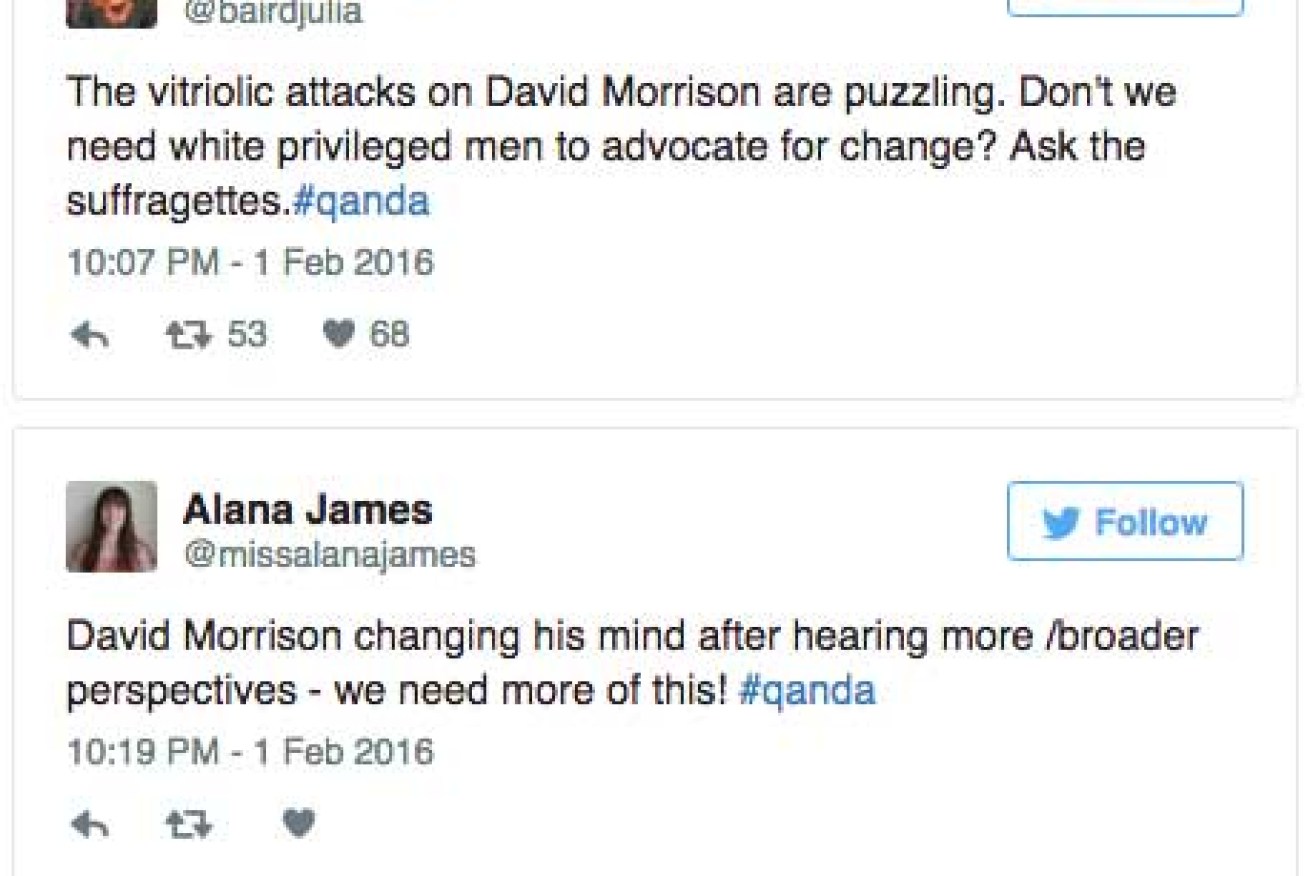
Australia runs the risk of being a “nation of bystanders” if we allow statistics to prevent us making change on critical issues like domestic violence, says new Australian of the Year David Morrison.
Controversial commentator Mark Latham last week said outrage around the national domestic violence crisis was a product of the “left feminist movement” and that figures showed it was in decline.
But speaking on Q&A on Monday night, former Army chief Morrison said it was “bulls**t” to hide behind statistics.
• Morrison a ‘weak and conventional choice’
• Former Army chief David Morrison named Australian of the Year
• Q&A not a ‘lefty lynch mob’
“We run the risk of being a nation of bystanders comforted by statistics,” he said.
“There are people dying and people whose lives are absolutely ruined as a result of domestic violence and what’s more, we are all as a society the victim. That’s bulls**t.”
It was not the only tough issue confronted in the first edition of the flagship ABC panel program for 2016, with audiences also forced to face the truth on racism, Australia Day and the value of columnist Andrew Bolt in the national conversation.
General Morrison was accompanied by Professor Gordian Fulde, Senior Australian of the Year, Manal Younus, South Australian finalist for Young Australian of the Year, Stan Grant, Sky News International Editor and Australia’s Local Hero 2016, Catherine Keenan.
On domestic violence, Professor Fulde, the emergency department director at Sydney’s St Vincent’s Hospital, said many people he saw declined help.
“The number of patients that come to emergency departments who are offered … counselling, offered these things, still they say no,” he said.
“They don’t even want the police involved. It is really so, so large.”
“We are all stretched to deal with it” says Morrison of family violence. Gordian Fulde says stats are soft #QandA https://t.co/WVjSGR0APY
— ABC Q&A (@QandA) February 1, 2016
‘We are not speaking in protest anymore’
For many, particularly Australia’s Indigenous population, Australia Day was not a day of celebration, but mourning.
Mr Grant said Indigenous people found it difficult to “come to terms with a celebration around what was an invasion of our land, the dispossession of our people and everything that has come from that”.
“I have spent my life reporting from some of the worst hell holes on earth and Australia is a remarkable country. We need to acknowledge that,” Mr Grant said.
“I don’t want to diminish the right of Australians to acknowledge that day and to celebrate that day but, remember, the people on whom Australia’s prosperity and success has been built and that is often the suffering of Indigenous people. It is very problematic.”

Ms Younus said she was “uncomfortable” with the idea of Australia Day. Photo: Twitter
Ms Younus, originally from Eritrea but in Australia “as a result of the destructive remnants of colonisation” there, said she felt uncomfortable by the day and that a date change was an option, if Indigenous people were part of the conversation.
“I think to celebrate the day colonisation began and effectively racism in this country began, it doesn’t really sit quite well with me,” she said.
But, more generally, the conversation around Indigenous rights had shifted, and people were now willing to engage.
“We’re not speaking in protest anymore. We’re speaking from the heart of the country as the First Peoples of this country and it is being heard and it is being received and I don’t think we have ever been there before in this country,” Mr Grant said.
‘Change what we glorify’
An Australia Day incident involving professional rugby league player Mitchell Pearce highlighted the “problem” Australia has with alcohol, Professor Fulde said.
An intoxicated Pearce was filmed at a house party in Sydney last week, where he depicted a sex act with a dog and allegedly urinated on a lounge suite.
Professsor Fulde said the incident highlighted the role alcohol played in the sporting world.
“I think we’ve got a problem,” he said.
Ms Younus suggested there was a lack of options that did not involve alcohol when it came to late-night activities.
“I think it can be quite destructive. I think that it’s something we do need to combat,” she said.
“I do think that whether it is through broader education or simply changing what we glorify because we think that’s how to be friendly, to have a beer with someone and so on.
“We need to change our perspective on that because we can see the bad it can do.”


